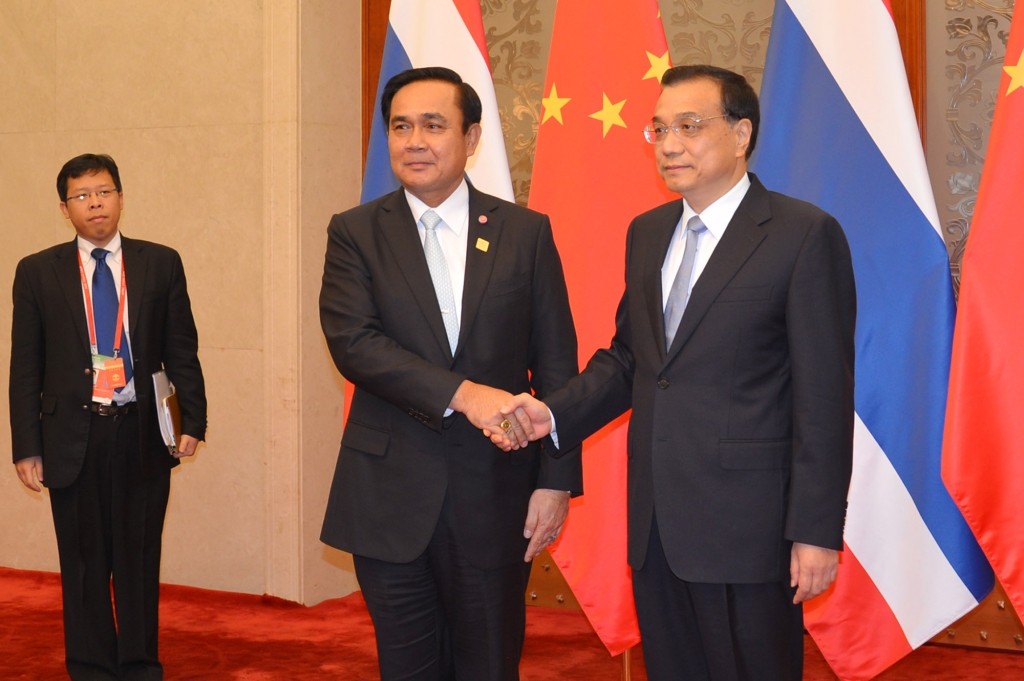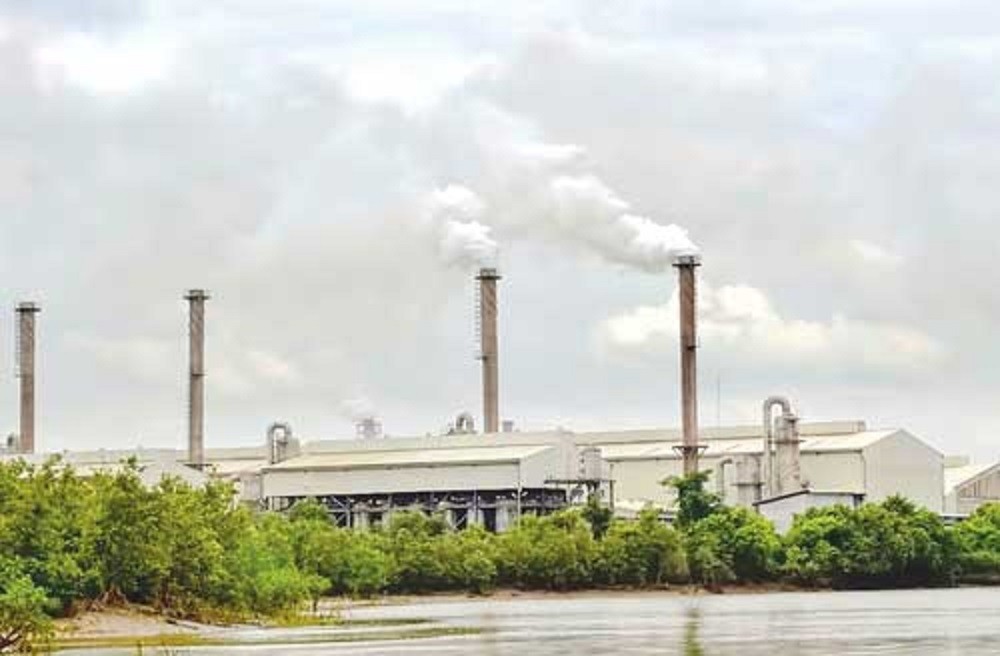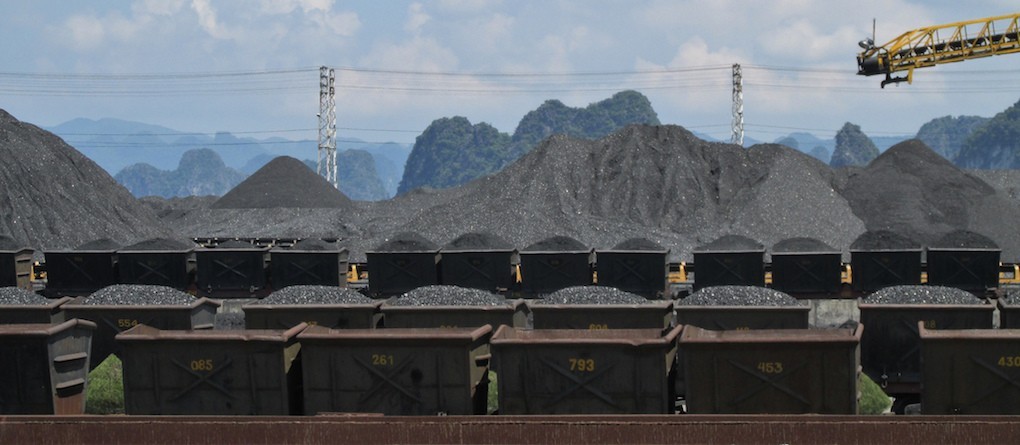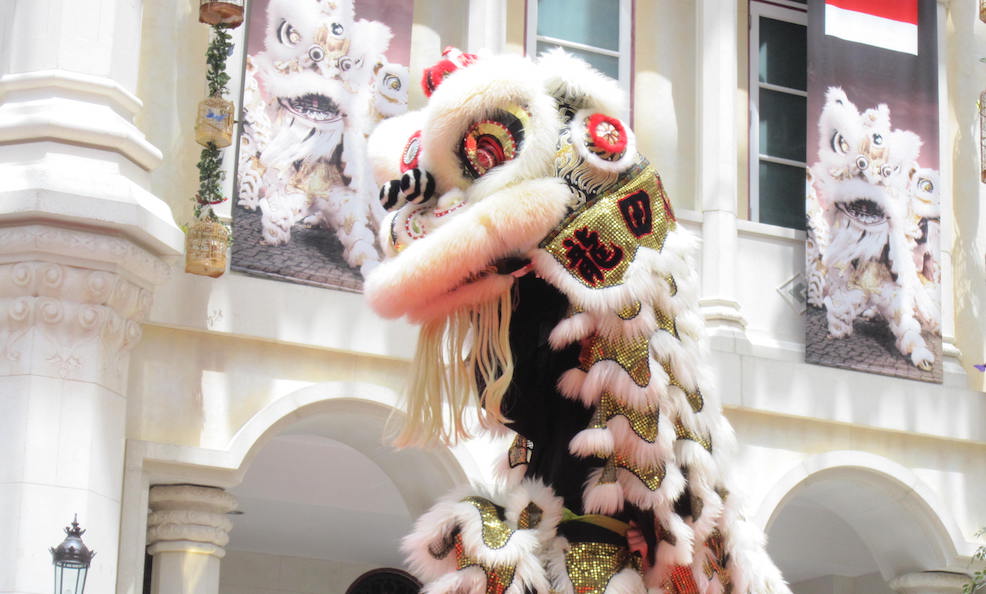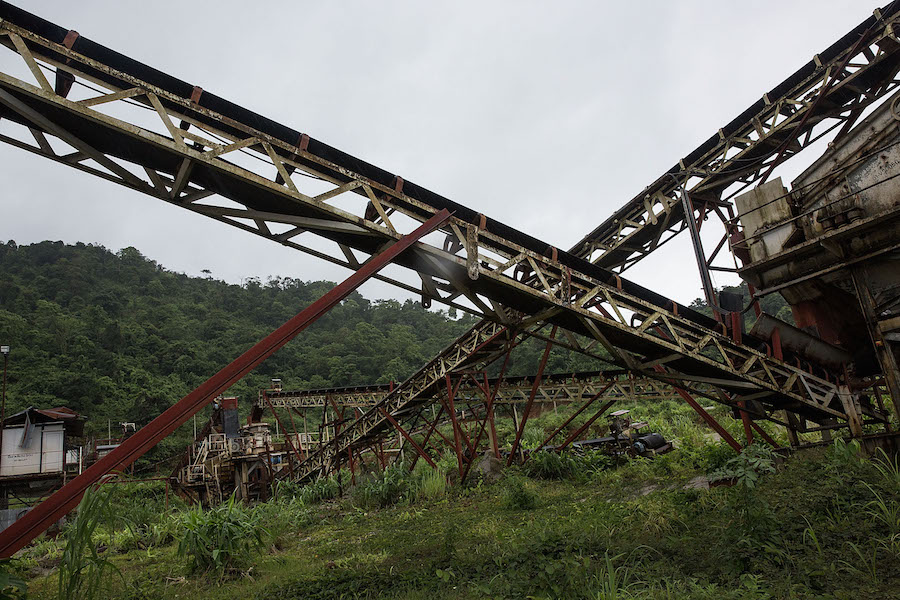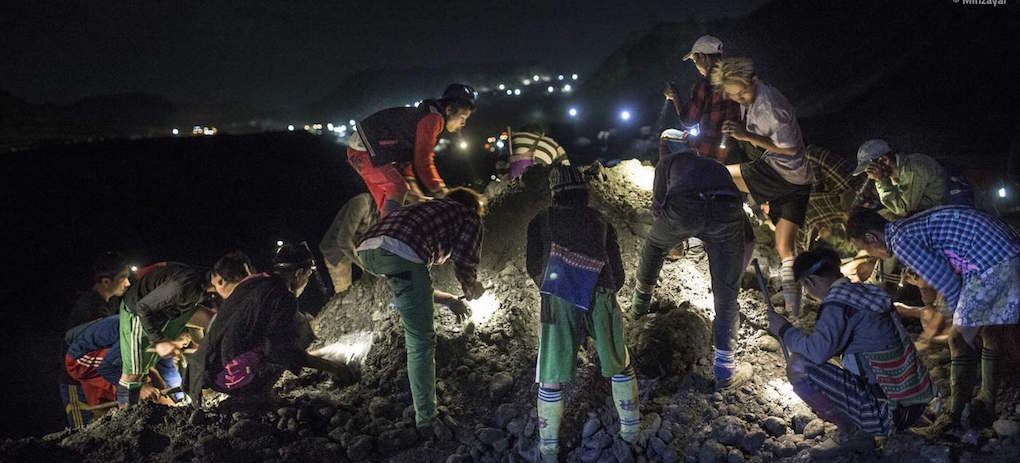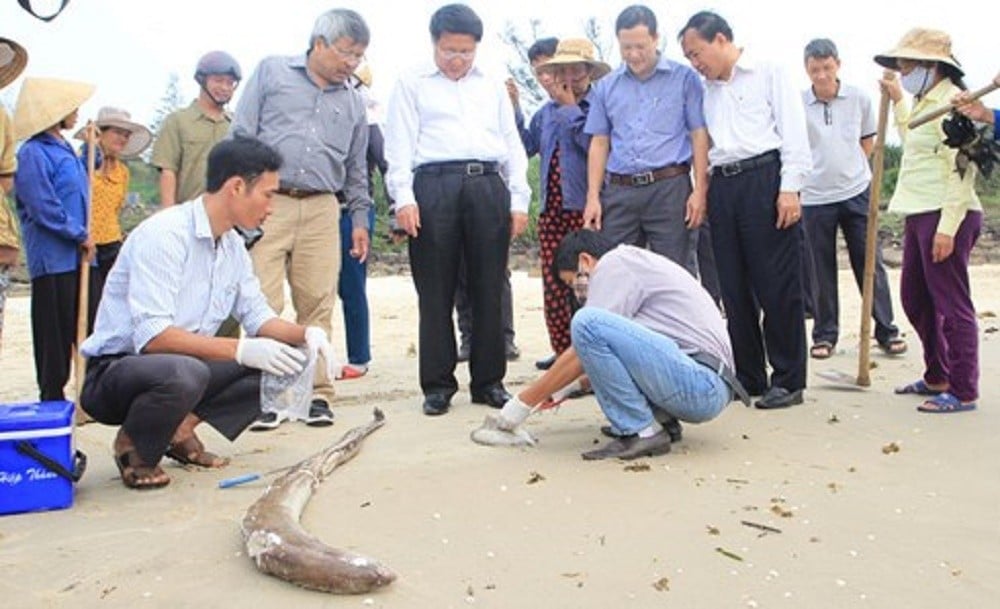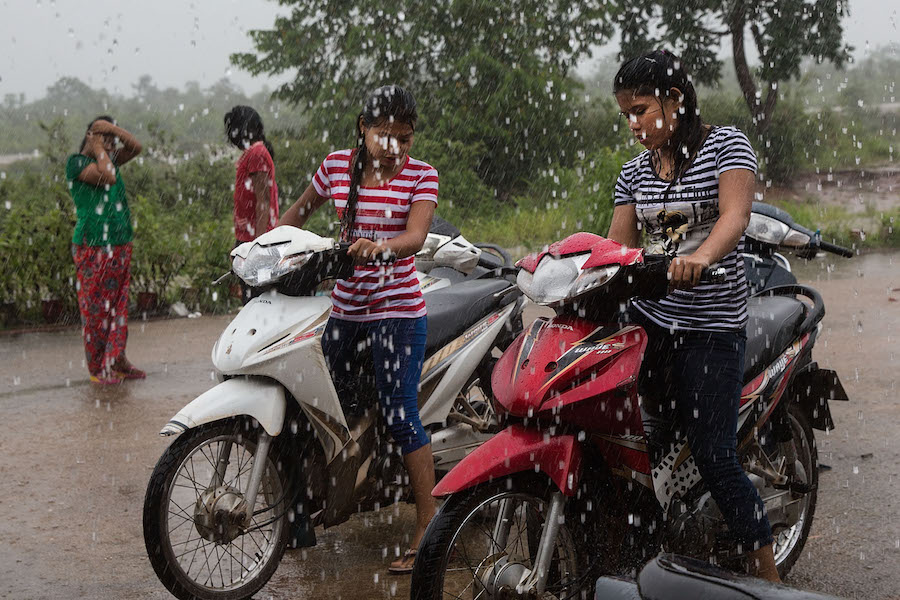Lam Sun Due to high cost and American and European anti-dumping tariff, the business of China solar panel manufacturers was gloomy in past 2 years. During this depression, the renewable energy markets in newly emerging Asian countries became the substitute of China manufacturers. Thai Rayong Industrial Park, 140 kilometers from Bangkok, Thailand, has become the […]
Tag: industry
Loose management of FDI blamed for environmental disasters
The mass fish deaths in the central provinces in April were believed to be caused by untreated waste water from Taiwanese Formosa’s plant have once again raised public anger.
Eight years ago, the public was stunned by the discovery that Vedan, also a foreign invested enterprise, discharged untreated waste water, turning the Thi Vai River in Dong Nai province into a dead river. The polluter then had to pay VND119 billion in compensation for the damages it caused to aquaculture.
Mekong Investment Underscores Japan’s Economic Clout in Southeast Asia
Earlier this month, Japan announced a three-year, $7 billion investment deal with the countries of the lower Mekong River to boost development and improve infrastructure. In an email interview, Phuong Nguyen, an associate fellow with the Southeast Asia program at the Center for Strategic and International Studies, discussed Japan’s relations in Southeast Asia.
Scientists recommend fewer coal power plants
Vietnam Scientists are concerned that coal power plants would still provide 50 percent of the nation’s total electricity output in the future.
China’s rise takes centre stage at ADB annual meeting
China’s growing economic influence through the One Belt, One Road initiative and the newly operational Asian Infrastructure Investment Bank were key topics of discussion at the Asian Development Bank’s annual conference in Frankfurt this week.
The Chinese-led AIIB has 57 founding members with others expected to join. The One Belt, One Road (OBOR) project aims to strengthen infrastructure on the land and sea routes from China through Central Asia and Southeast Asia respectively – incorporating some 60 separate states.
Both initiatives affect Myanmar, as a member country of the AIIB and as a host to Chinese OBOR infrastructure projects – including a recently approved US$3 billion refinery near the southern city of Dawei.
Dawei residents protest against $3 billion oil refinery
A collection of civil society groups in the southern city of Dawei has begun to actively protest a Chinese-led US$3 billion proposal to build Myanmar’s largest oil refinery on their doorstep.
Local businesses, civil society organisations and villagers are circulating a petition calling for the new National League for Democracy-led government to reconsider the project – which received approval on the last full day of former president U Thein Sein’s administration.
Local residents were hardly involved in the approval process, according to the appeal, which suggests the environmental effects of the 100,000-barrels-per-day project may be catastrophic.
More than 2000 people from six villages have signed the petition, according to the Dawei Development Association.
Myanmar Launches First Report on Extractive Industries Revenue
News Release On Friday, March 18 several hundred people gathered in Yangon, Myanmar for the launch of the country’s first EITI report, which provides the most comprehensive data to date on Myanmar’s revenues from extractives; traditionally opaque sectors in the country. Dr. Maung Maung Thein, outgoing chair of the Multi Stakeholder Group that implements EITI […]
Mass fish deaths in central Vietnam point finger at industrial wastewater discharge
A fisherman in the central province of Ha Tinh has reported to local authorities that he saw a sewage pipe a Taiwanese steel manufacturer may have installed to discharge wastewater directly into the sea in an area where a huge number of fish have died recently.
Nguyen Xuan Thanh, 36, of Ky Anh town told officers at a border guard station that he found the pipe by chance while diving to catch fish on April 4.
Myanmar: The Dawei Special Economic Zone
Investor confidence in the long-delayed Dawei special economic zone (DSEZ) is growing after Japan signed on as a third equal partner with Myanmar and Thailand this December. Japan’s backing may finally kick start construction of the billion dollar project that has been crippled by funding shortfalls since 2013. If it’s ever finished, the deep-seaport is expected to rival the one in Singapore, opening a new gateway to the Malacca Strait from the western Myanmar seaboard. The 196 square km special economic zone – scaled down from initial estimates of 204.5 square km – would become one the biggest industrial parks in Southeast Asia.
Sino–Japanese competition heats up over Myanmar’s SEZs
China and Japan are eager to be involved in massive special economic zone (SEZ) projects in Myanmar, amid rising economic competition in the Greater Mekong Subregion (GMS). Since 2011, Myanmar has rapidly improved its diplomatic relations with the West and Japan in order to broaden its economic relations and mitigate its excessive dependence on China.


